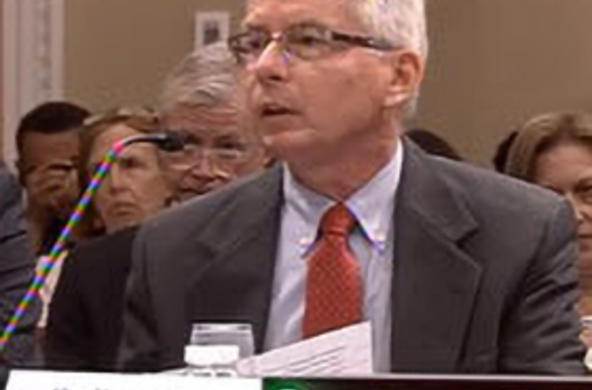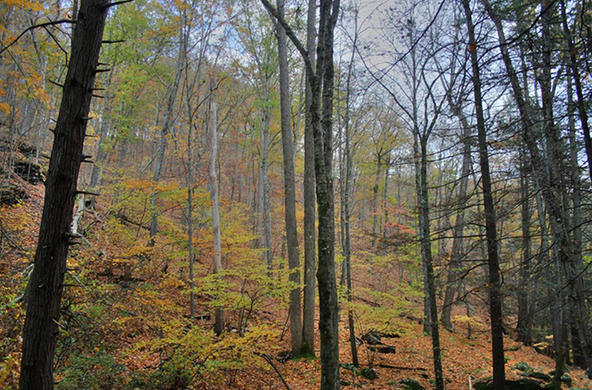One of the best-known bits of folk wisdom about invasive species is that they settle down after a while to become part of a rebalanced ecosystem, and stop being a problem. This is an appealing idea, but how often is it true?
It turns out that scientists don't have very good answers to questions such as: Do the effects of invasive species diminish after a while? How long does this take? How much do effects diminish — a lot or a little? What causes the effects of an invader to diminish?"
We haven't been able to watch many invasions continuously for a long time (funders prefer short studies to long ones, alas), so questions such as these are among the biggest unanswered questions in invasion ecology.
Our group at the Cary Institute is watching an interesting example right now. The effects of the zebra mussel invasion on the Hudson River ecosystem seem to be diminishing, only 20 years after this invader appeared in the river.
The zebra mussel is a European species that came to North America in the mid-1980s in the ballast water of ocean-going ships. It was first seen in the Hudson in 1991. By the end of 1992, zebra mussels outweighed all other animals in the river, and their population filtered a volume of water equal to all the water in the river every one to two days.
As a result, plankton populations fell by 50 percent to 90 percent, which caused large changes to the food web, water chemistry and water clarity. In fact, nearly everything we measure in the river changed when zebra mussels appeared.
But now it looks like these changes might not be permanent. Since 2000, some parts of the Hudson's ecosystem have begun to recover. Populations of native mussels, which were falling by 20 percent 60 percent each year, stabilized and even began to increase. Numbers of crustaceans, worms and other small invertebrates fell by about 50 percent, then came back nearly to pre-invasion levels. This is especially welcome news, because these animals are the chief food of most of the Hudson's fishes.
So have zebra mussels disappeared from the Hudson? Hardly. Billions of these animals still live in the river. But they're not having an easy time of it; their survival rates are now less than 1 percent of what they were in the early 1990s. As a result, most of the remaining zebra mussels are young and small, which softens their impact on the ecosystem.
We are still trying to understand what is causing these dramatic changes to the Hudson's ecosystem. Blue crabs are part of the story. They are eating many more zebra mussels than they used to, and are responsible for part (but not all) of the increased mortality on zebra mussels. There is certainly more to the story than blue crabs, though, and the research group at the Cary Institute is now trying to uncover the rest of that story.
Can we conclude that the effects of zebra mussels and other invaders last for only a few years and aren't worth worrying about? As intriguing as our results may be, I am not ready to reach this conclusion for three reasons.
First, we don't know whether the Hudson's recovery is permanent or whether the ecosystem will slide back into a zebra-mussel dominated state. Second, even if the Hudson recovers fully and permanently in the next few years, zebra mussels did cause large ecological changes and economic damage in the Hudson for 20 years. These effects seem too large to simply dismiss. Think how we would react if some industrial polluter caused such changes for 20 years!
Finally, regardless of what happens with zebra mussels in the Hudson, we know that many invaders don't settle down so quickly. Our yards and gardens are still full of dandelions, Japanese beetles and European slugs; chestnut blight and Dutch elm disease still ravage our forests; and carp and water-chestnut still thrive in our waterways, even though these invaders have been here for decades to centuries.
So what we can actually conclude is that some invasions may settle down fairly quickly, while others may have severe effects for centuries or longer. It also seems likely this problem will keep invasion ecologists busy for a while.







